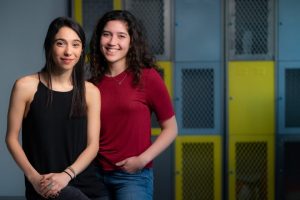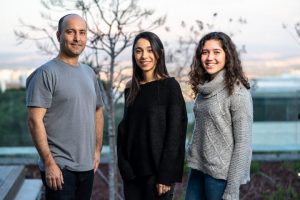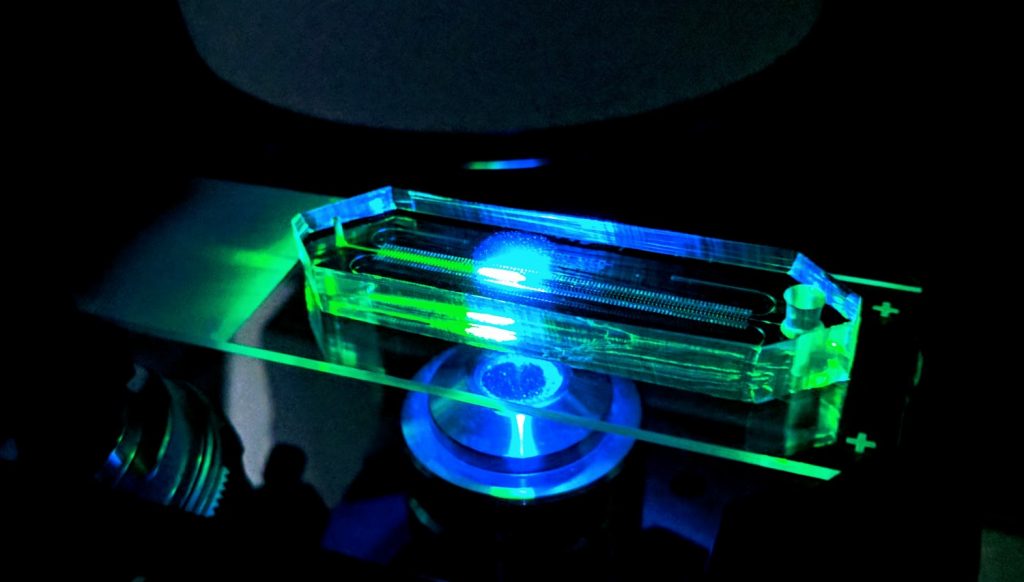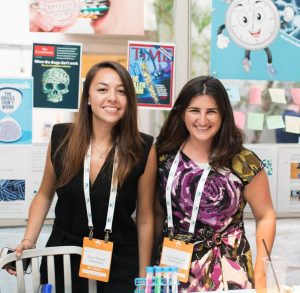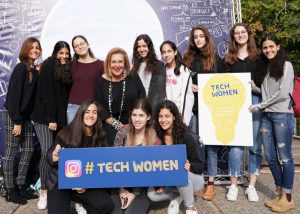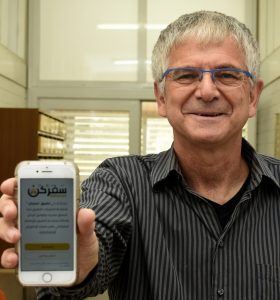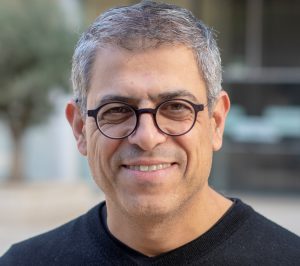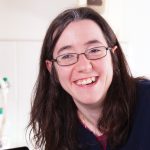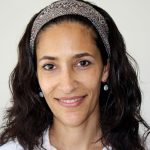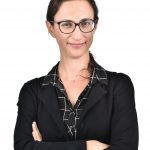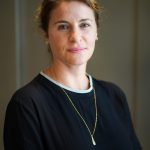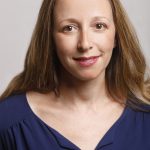How Three Technion Researchers Could Help Save the World’s Water Supplies
Three researchers who have developed novel techniques for clearing particulate contaminants from water recently presented their work at the 15th International Conference on Small Water and Wastewater Systems (SWWS) and the 7th International Conference on Resource Oriented Sanitation (ROS). The two conferences were co-located at the Technion-Israel Institute of Technology. The researchers are all faculty members in the Technion Faculty of Civil and Environmental Engineering.
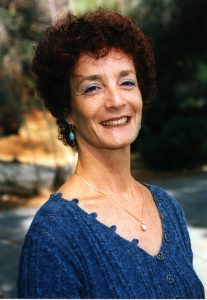
Prof. Michal Green, a world-renowned water treatment expert, reviewed several innovative methods developed in her laboratory to remove nitrates from water. According to her, “high concentrations of nitrates are the main reason for the closure of wells in the coastal aquifer of Israel with a potential for rehabilitation of tens of millions of cubic meters per year.” The various technologies developed in her laboratory, under the management of Dr. Sheldon Tarre, are designed to provide solutions to problems related to the removal of nitrates. These include the removal from brines, which are a by-product of membrane processes, by biological denitrification; removal by ion exchange and bio-regeneration; combination of nanofiltration and reverse osmosis to remove nitrates without brine production; and finally, a closed denitrification radiator with hydrogen as the electrons’ donor, a reactor characterized by high efficiency and very high efficiency of hydrogen.
Prof. Yael Dubowski examined an innovative method for removing organic micropollutants from water: irradiation of the polluted water by ultraviolet (UV) light at extremely short wavelengths. Prof. Dubowski’s research is currently focused on Triclosan, an anti-bacterial substance used in products such as soap and toothpaste. Its presence in treated wastewater effluent and in freshwater is undesirable. According to Dubowski, “The common solutions for treating micropollutants such as triclosan in water are based, inter alia, on the addition of chemicals, which complicates the operation of the system, while we offer a treatment comprising of ultraviolet irradiation only.” Prof. Dubowski and her colleagues are investigating the optimum UV wavelengths for decomposition of triclosan and other organic micropollutants, when irradiating the water with UV light at these wavelengths create a significant chain reaction that decomposes the micropollutants and disinfects the water. The study was funded by the Volkswagen Foundation and the Lower Saxony State of Germany. Since the system is relatively simple and inexpensive and does not require the purchase of various chemicals, it is an excellent solution for local (decentralized) treatment units.
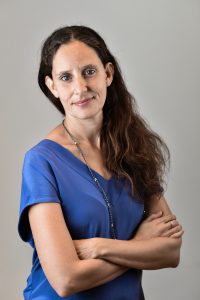
Dr. Adi Radian, who deals with environmental chemistry with an emphasis on the development of soil and contaminated water treatment methods, introduced new technology to remove pesticides from water by combining adsorption and biodegradation. Pesticides are usually present in polluted water at very low concentrations. So low, in fact, that the usual methods of removing them from water are ineffective. The innovative method developed by Dr. Radian is based on encapsulation of bacteria in a gel made of silicon particles. Micropollutants (pesticides, for instance) are adsorbed to the gel that envelops the bacteria and then degraded by the encapsulated bacteria.
This was the first time that these two conferences, which are part of a series of annual conferences on small water and wastewater treatment systems under the auspices of the International Water Association (IWA) and the Israeli Water Association, were held in Israel. They were organized by Prof. Eran Friedler of the Faculty of Civil and Environmental Engineering at the Technion-Israel Institute of Technology and Prof. Amit Gross of the Zuckerberg Institute for Water Research at Ben Gurion University. Some 200 scientists, practitioners and government officials participated, about one-third from Israel and two-thirds from abroad.
https://swws2018.net.technion.ac.il/
https://docs.wixstatic.com/ugd/bd25dc_4f0747ed7f904178afcfe199cb009f09.pdf

